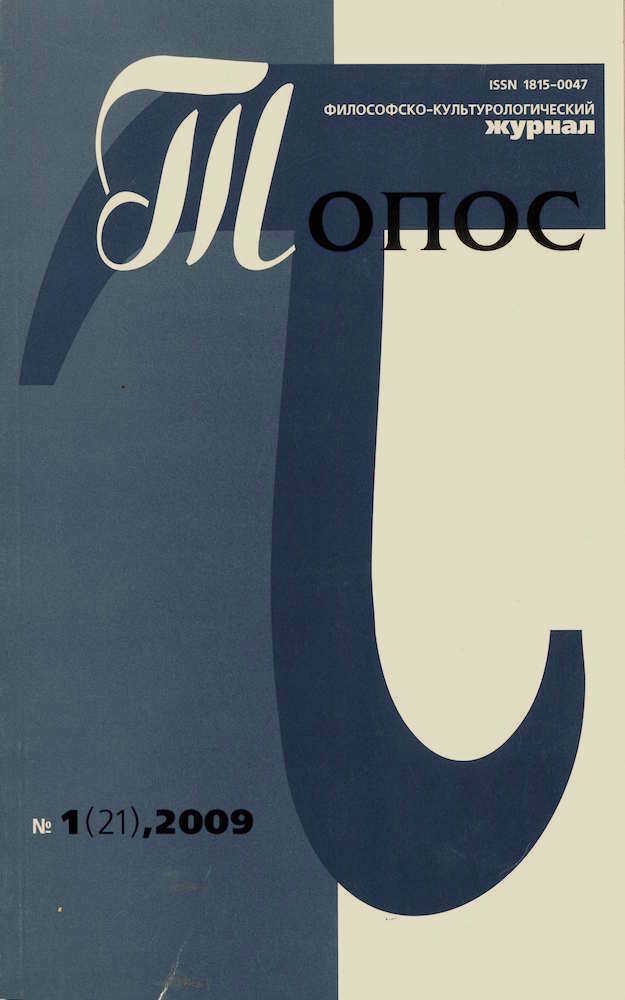Kant’s Fourth Antinomy and the Odyssey of Levinas’s Subject
Article
Abstract
[In English]
This article is focused on a problem of self-identity raised by Emmanuel Levinas. The author starts from assuming that Levinas created a new concept of identity not reducible to anything elaborated in Western thought. Nevertheless, Levinas uses Kant's fourth antinomy as a starting point. Kant, as well as Edmund Husserl, was concerned with a transcendental subject. Georg Hegel and Jean-Paul Sartre considered the problem of personal identity as the problem of self-consciousness, namely as the possibility of consciousness to return to itself (pour soi). Levinas on the other hand opposes a possibility of such a return. He invites his philosophical subject to leave itself for a permanent journey without a possibility of return. The article deals with an issue of how this new identity as substitution of oneself for the other (autrui), as a hostage to the other, could be theoretically related to Kant's fourth antinomy. The author comes to a conclusion that by the use of this antinomy, Levinas helped his philosophical subject to free itself from the bonds of sequence of time. This new subject, liberated from the dynamical sequence of time, needs the otherness of the other person because the otherness of a subsequent moment could not be included into the lonely subject. Thus Levinas supplemented the issue of time with the concept of sociability. He states that time is created socially. By this act of thought Levinas addresses his prephilosophical sources that can be found in the novels of Dostoyevsky. Such fundamental dimensions of this new Levinas’s subject as vulnerability, passivity, submission to obsession and persecution by the other, could not be derived from the tradition of Western thought that deals with the issue of personal identity.
Downloads
This journal allows the author(s) to hold the copyright without restrictions. Topos Journal uses CC BY-NC-ND 4.0 license (license URL: http://creativecommons.org/licenses/by-nc-nd/4.0).



